Over the last decade or so, solar energy systems appear to have gained immense popularity as an alternate power source. The main reasons behind the sudden boom in the number of power companies installing solar panels and home solar system kits countrywide are pretty simple: generating electricity through sunlight is both eco-friendly and cost-effective.
Renewable energy is a long-term solution to the problem of power shortage in Pakistan. The amount of sunlight the earth receives in one hour can theoretically fulfil the energy needs of the entire world population for approximately one year. In addition, utilizing solar energy is a safer alternative to generating electricity through fossil fuels, which is the biggest contributor to land, water and air pollution.
Even though the prices for complete home solar system kits are rather high, homeowners should see it as a one-time cost, since generating power through sunlight is cheaper and much more affordable in the long run.
Due to the geographical location and general climate of Pakistan, most areas in the country receive sufficient sunlight throughout the year. This makes solar power generation one of the best ways to tackle the dilemma of power shortage.
Earlier this year in January, in order to make solar energy more accessible, the government of Pakistan introduced a new budget bill. The bill proposed a five-year tax exemption for renewable energy manufacturers, according to a report published by ARY News. However, the prices of solar panels in Pakistan will probably remain high. The reason being that most of the equipment is imported from China.
Is Installing Solar Panels a Good Idea?
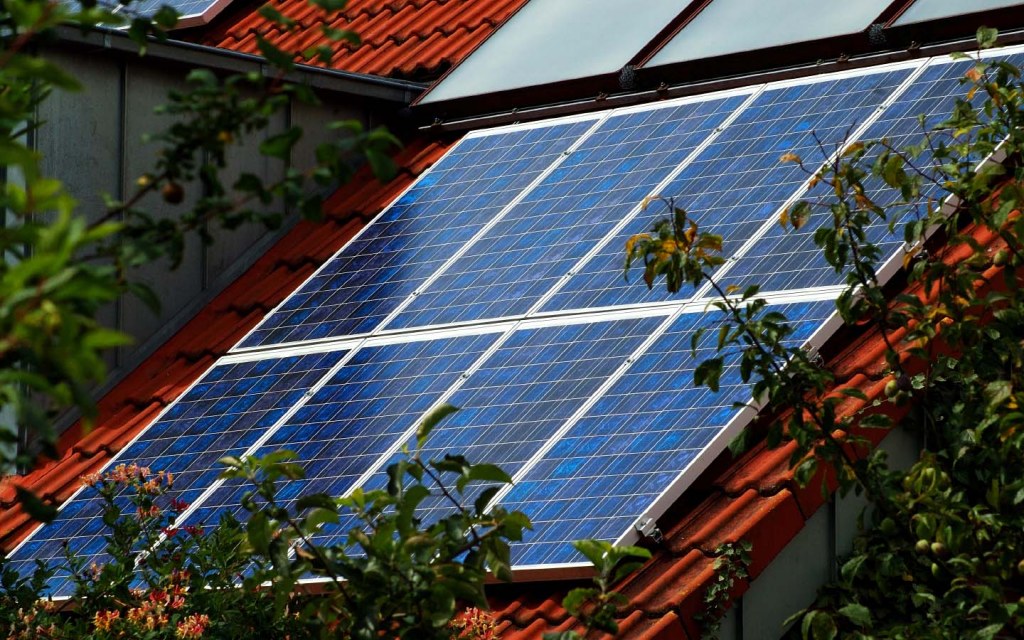
Before you start contacting local companies for estimates on the solar energy system for your home, you need to figure out if installing solar panels is even a good option for you.
Here are a few questions you should ask yourself first.
- Would the location of your house allow solar panels to have a good southern exposure?
- Are there any tall buildings that would block the sunlight and cast a shadow over the solar panels?
- Are there any tall trees that would reduce the amount of sunlight the panels receive and drop leaves and other debris on them?
- Would the design of your roof allow for maximum sun exposure? It is important to note while most flat roofs can easily accommodate these photovoltaic panels, it might be difficult to install solar panels on roofs that are steeper than 60 degrees.
If your answers to the questions above are satisfactory and you’re planning to install a solar energy system for home, you probably have a lot of questions about equipment, costs and above all, which system to choose.
How to choose the best home solar panel system
Here are a few tips that might help you decide the best solar power system for your home.
Look for recommendations
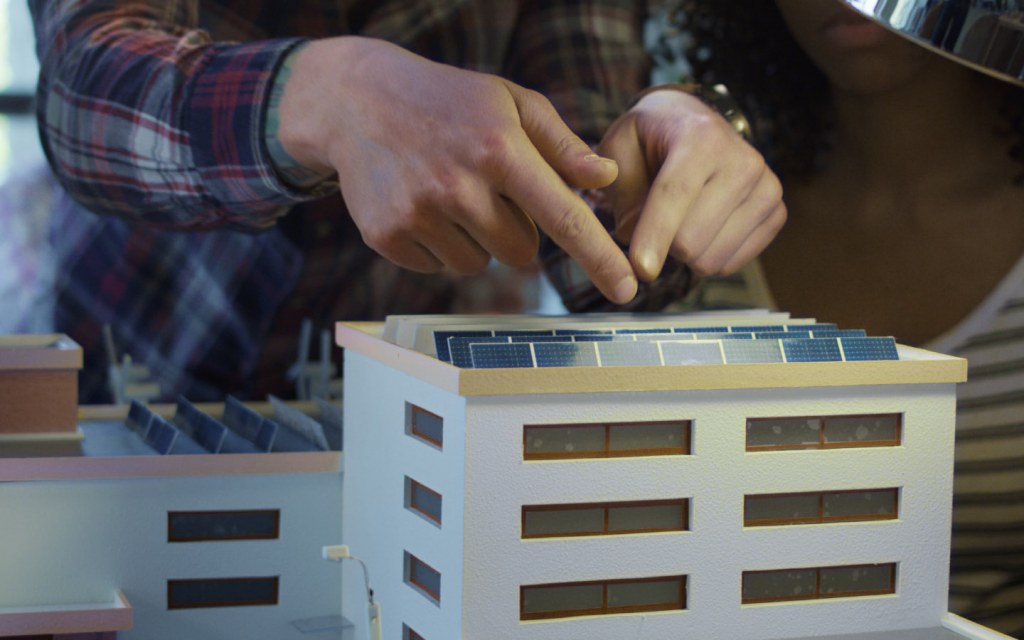
Installing a solar energy system for home is a big commitment. This means you can’t make this decision on a whim. While deciding on which company or manufacturer to choose, don’t let the advertisements you see on TV or the ones that pop up on your computer screens influence you. Instead, ask your friends and family members for recommendations. If people around you are not able to help you out, browse the websites and social media pages of different companies. Make sure to read the reviews left by previous customers.
If a manufacturer comes highly recommended, make sure their systems are net metering compliant. Moreover, ask them to quote a price and inquire how long the entire process would take.
Understanding net metering
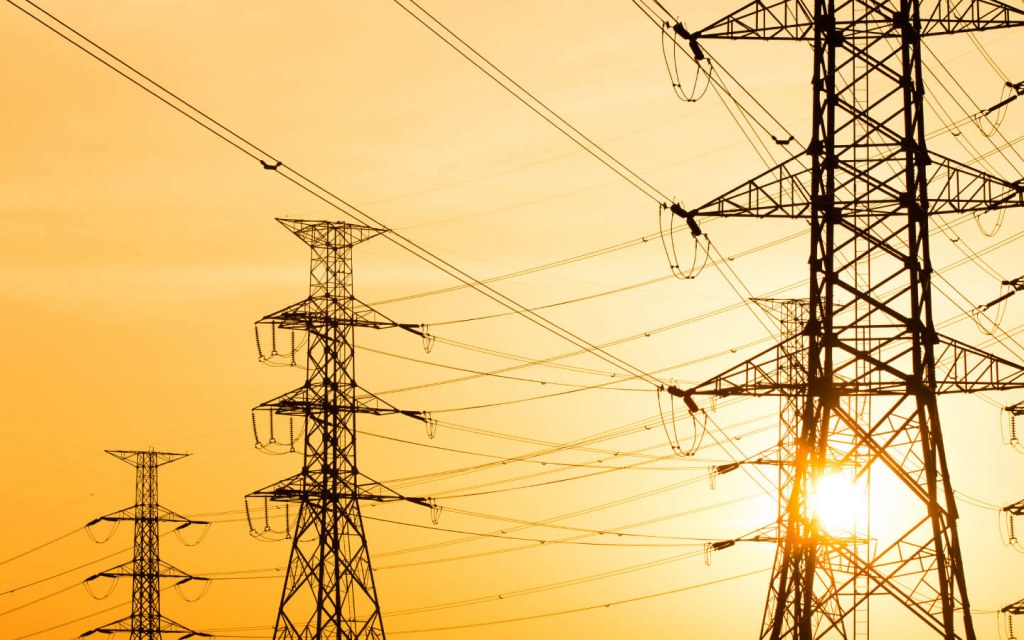
Net metering is a National Electric Power Regulatory Authority (NEPRA)-approved billing mechanism. It allows distribution companies to purchase excess units of electricity produced by the consumers by crediting them against the units consumed from the national grid.
To put it simply, homeowners are required to feed the surplus solar energy to the grid in exchange for a reduction in the utility bill.
However, the process is a little long. Once you’ve installed the solar power system, you’ll need to prepare an application in accordance with the 2015 Net Metering Regulations. After the application is approved, a team from the energy department will carry out an inspection. If they find everything up to their satisfaction, you will be issued a NOC.
The next step involves you signing a net metering agreement with the local electricity distribution company – for example, LESCO in Lahore. They will then hand over the agreement to NEPRA. If everything is verified and approved, you will soon obtain a renewable energy generation license. This license is usually valid for three years.
Learn about solar panels
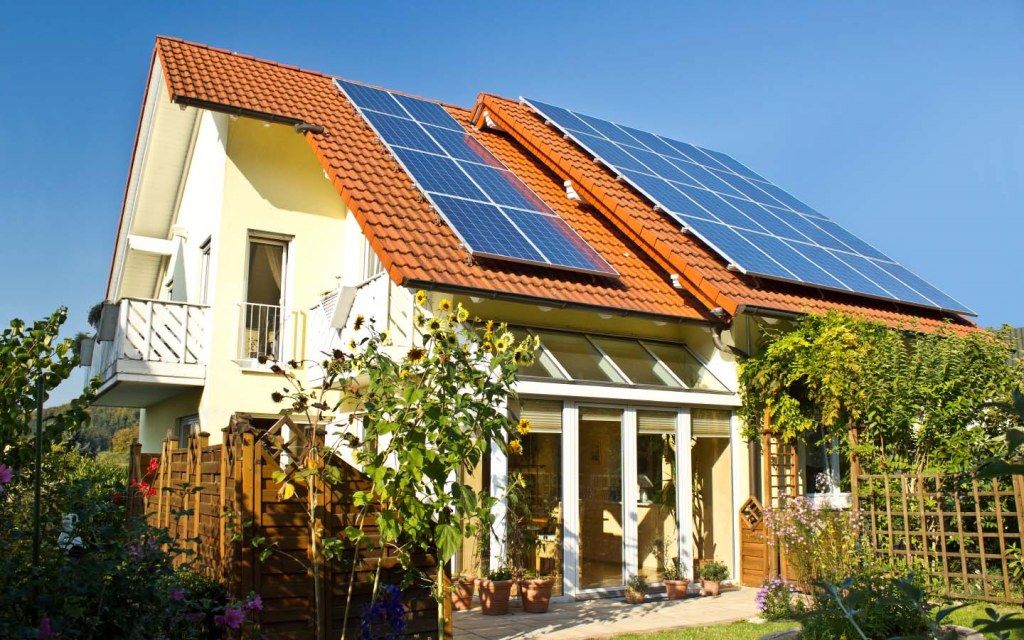
You need to familiarize yourself with the types of solar panel systems that companies generally install in residential areas. You also need to learn about the materials and equipment used in the installation.
The complete solar system kits for homes usually have two main components. Photovoltaic solar panels use sunlight to create direct current (DC). Meanwhile, a solar inverter converts the energy to alternate current (AC) so you can use it in your house.
Generally, there are two types of solar panels available in the market: monocrystalline and polycrystalline.
Monocrystalline panels are made of uniform crystalline silicon and have the highest efficiency rates. They also last for a longer period of time and deliver the best results when they are installed in locations that receive strong sunlight. However, they are also a bit costly.
Meanwhile, polycrystalline panels are made out of purified and moulded silicon. They have a relatively low heat tolerance, which affects their performance in places that have a higher temperature.
These panels also have a shorter life span. But they function better in places that receive a lesser amount of sunlight. However, that doesn’t mean they are not able to generate enough electricity to power a house. Compared to monocrystalline panels, polycrystalline panels are much more affordable.
Be ready to splurge

Installing a home solar power system can be a bit costly. Therefore, people should think of it as a financial investment that will continue to pay off until the sun continues to shine – literally. The equipment does not come cheap and the entire process can be rather heavy on the pocket.
However, as stated above, it is a one-time expense. A home solar system kit will cut down your electricity bill. Moreover, it will also save the cost of running a generator by essentially eliminating load shedding.
You should always contact a licensed seller to install the system rather than doing it yourself or hiring an electrician. Such systems involve the generation of high voltage DC and have powerful batteries. Therefore, certain protocols need to be followed to avoid any hazardous situations in the future.
Where to place the solar panels
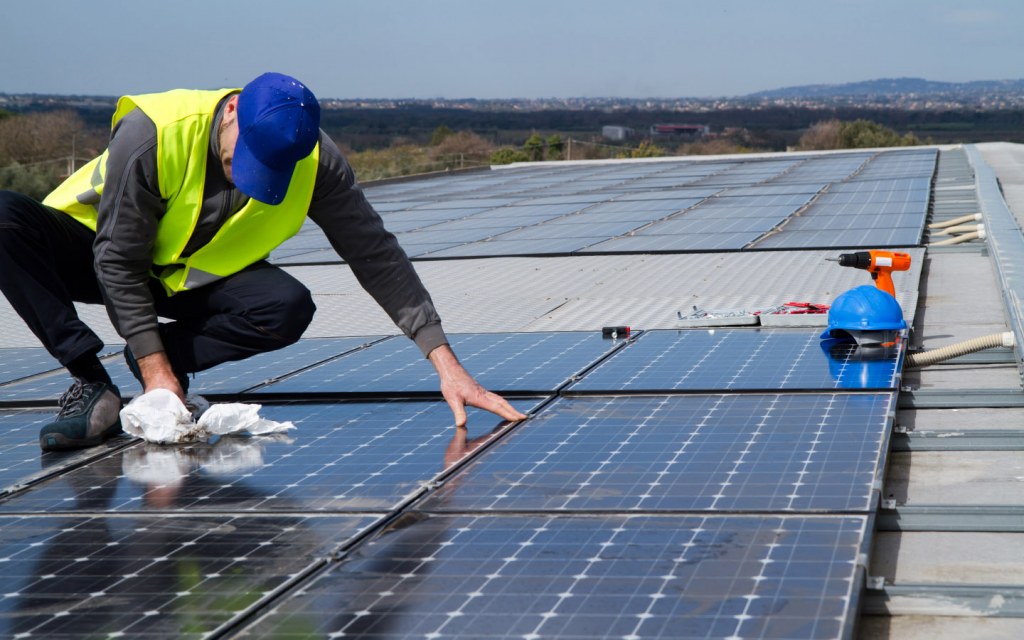
The best direction to face your solar panels should be towards the south. That is where they would receive the most sunlight. Naturally, roofs appear to be the best place to install solar panels in metropolitans. However, you can easily install them on the ground in suburban or rural areas.
It is important to note a square foot of a conventional solar panel would yield around 5 to 10 watts of power. So, if you want to generate up to 1000 watts, you’ll need at least 100 to 200 square feet of area to mount the panels. Although roof mounting is a bit more expensive, it is not recommended for areas that are prone to strong winds or cyclones.
Certification and warranty

If you’re looking to purchase a home solar system kit, make sure you only contact certified sellers. Furthermore, make sure to check if they have a license for such installations. The same goes for the warranty. Don’t buy sub-standard solar panels and inverters just because the seller was offering a longer warranty period.
Generally, solar energy companies offer up to 25-year warranty for the panels and up to 5-year warranty for the inverter. It’s only natural that you would look for economical options while choosing the solar system for home use. However, stay away from ridiculously cheap or second-hand solar panels. Instead, look for the products that will provide the best value for your money.
Do you want to learn more about the best solar systems for home use in Pakistan? If so, please visit the Zameen Forum for further discussion.
Meanwhile, since summers are almost here, take a look at some of the ways you can survive load shedding in Pakistan. You can also check out some simple ways to save energy in your home.



